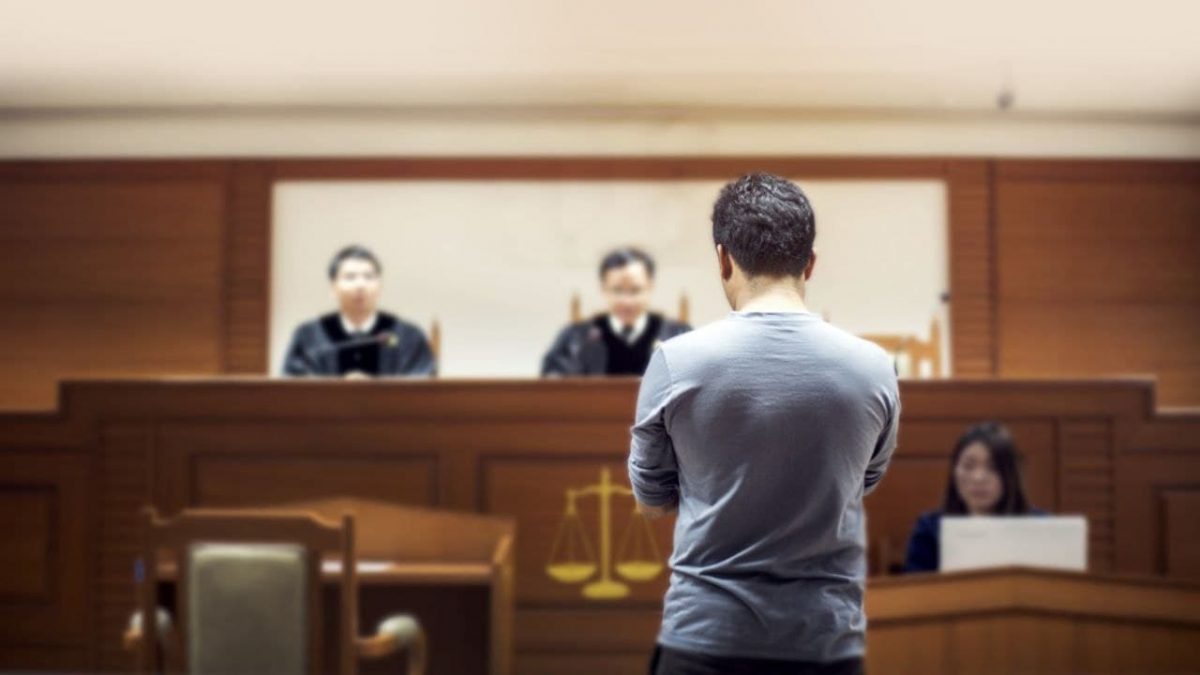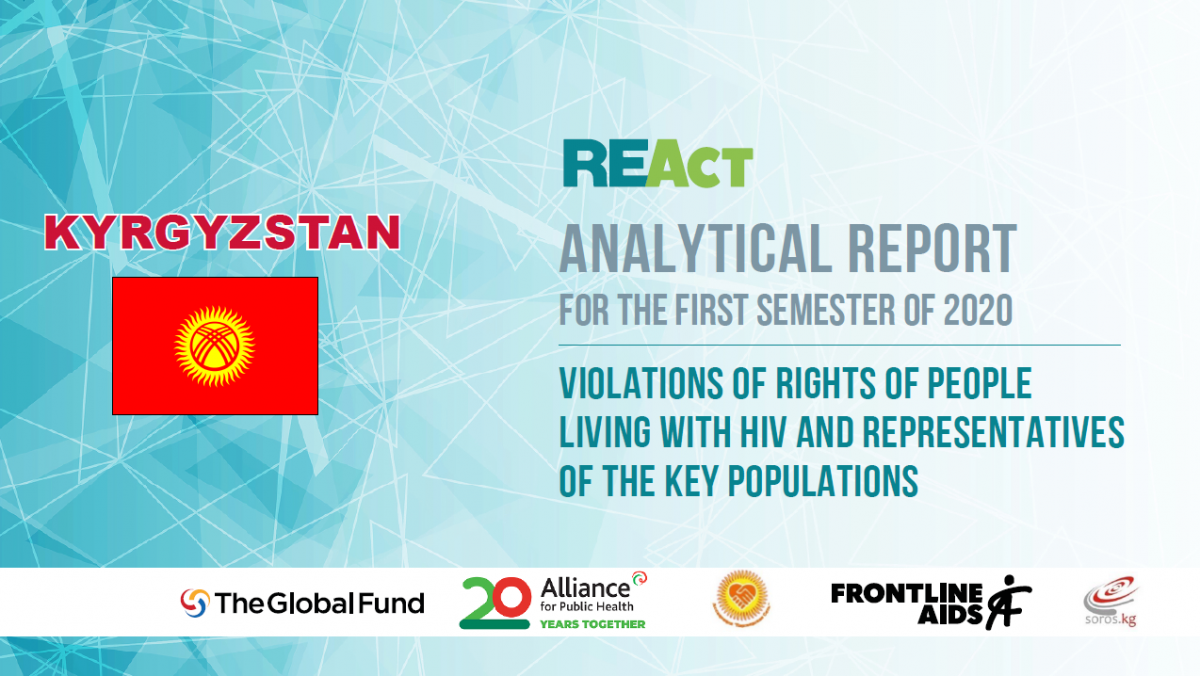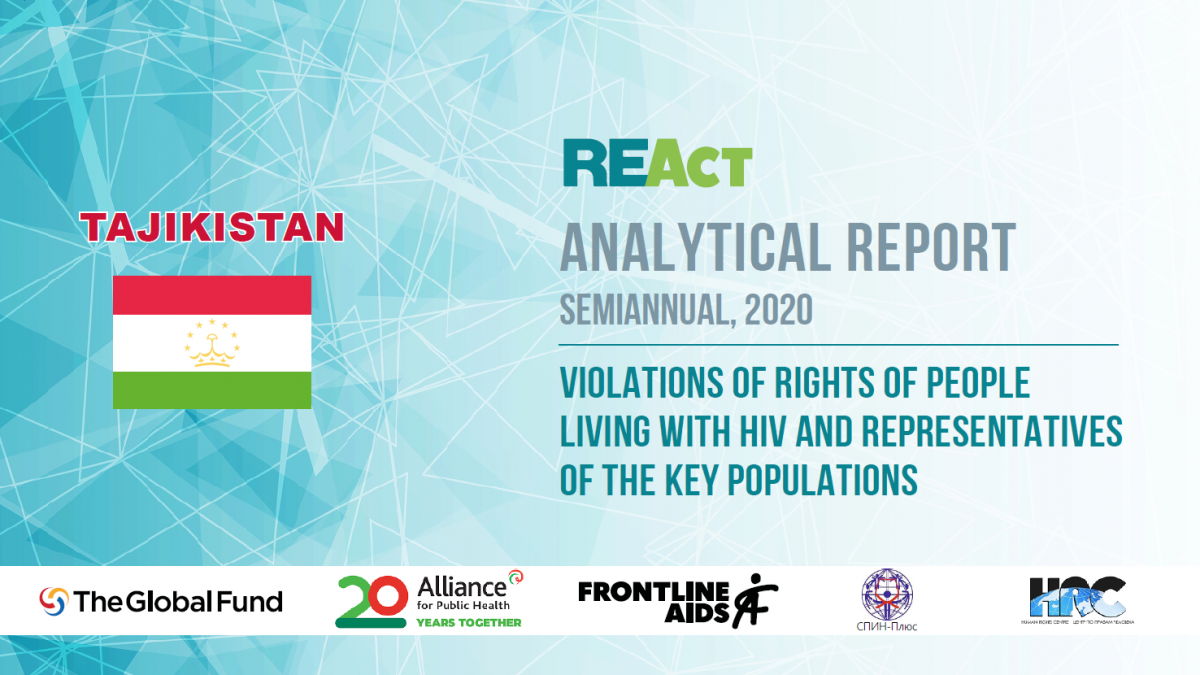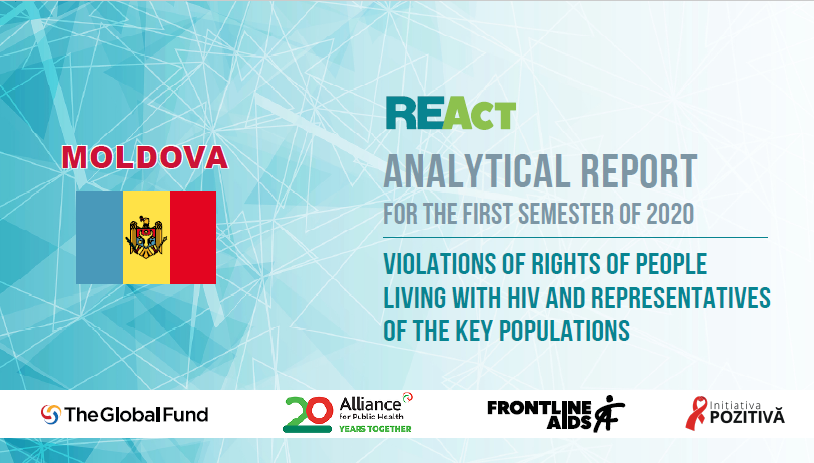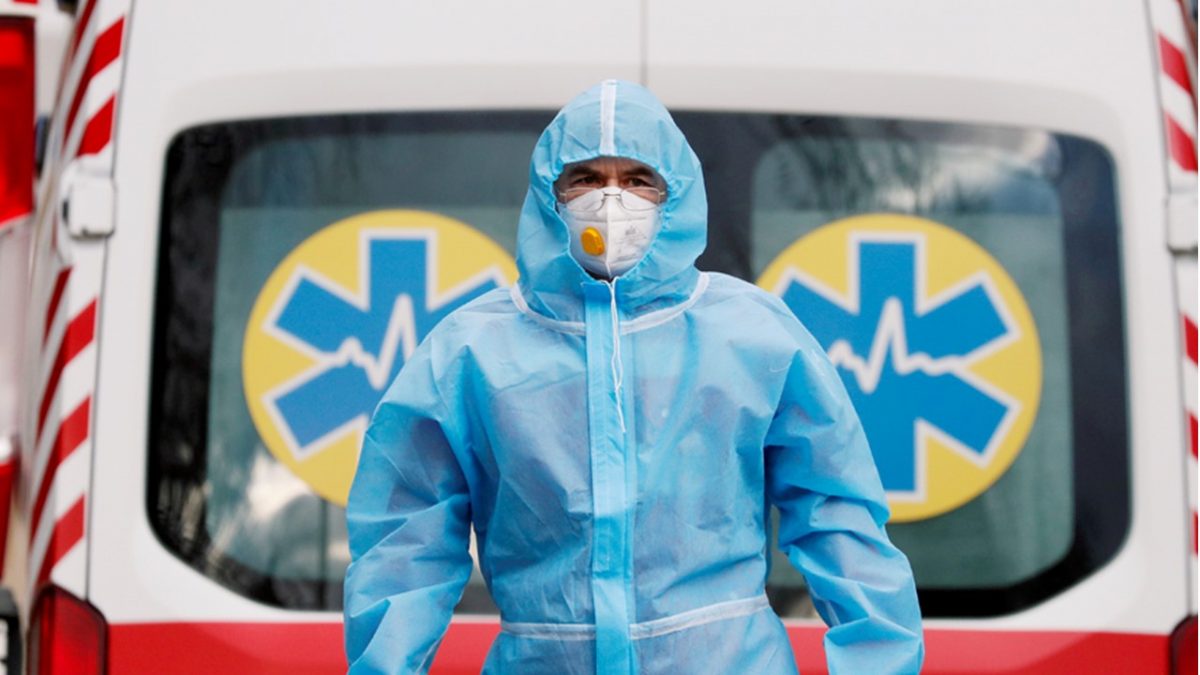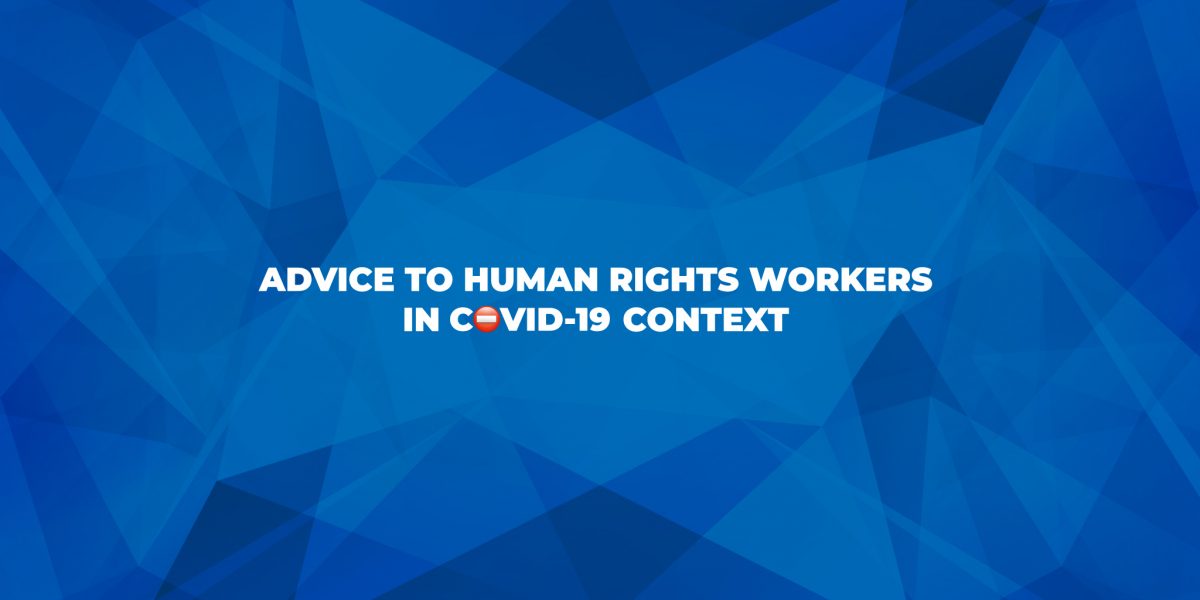Lessons from REAct implementing countries within SoS_project.
As for now, the countries where we currently operate are not the ones most severely affected by COVID-19. However, states have already started to apply prevention measures in different ways: from the state of emergency in Georgia to the night curfew in Kyrgyzstan to the absence of any restrictions in Tajikistan so far.
Covid-19 statistics by country as of 22/04/2020 (WHO)
| Country |
Confirmed cases |
New cases |
Deaths |
| Georgia |
408 |
9 |
4 |
| Kyrgyzstan |
590 |
22 |
7 |
| Moldova |
2548 |
76 |
70 |
| Tajikistan |
0 |
0 |
0 |
Human rights are the second (after public health care) issue we have to keep an eye on when preparing for a potential pandemic crisis, as they are most likely to be sacrificed by the states trying to stay in control of the situation. This article aims to share lessons and ideas, gained by REAct communities and NGOs to ensure sustainable and effective work of the human rights organizations during the lockdown.
1. Care about REActors’, outreach-, social-workers’ safety first
- inform your team members about the COVID-19 prevention measures
- provide REActors with basic protection materials (masks, gloves, antiseptics)
- reorganize the way your NGO provides services (remote, online work, permanent shift groups, home delivery)
- disinfect regularly the office and the distribution sites.
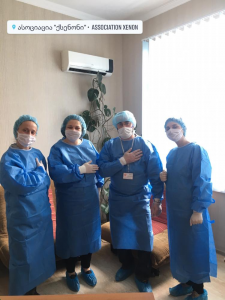 Human rights protection services should not be stopped due to the lockdown. Legal and psychological support, as well as health care, prevention and harm reduction services must meet people “where they are”. Currently, outreach workers are at the same level of risk as primary health care employees, as they have to keep contacting clients and meeting them outside. Their safety is our number one priority.
Human rights protection services should not be stopped due to the lockdown. Legal and psychological support, as well as health care, prevention and harm reduction services must meet people “where they are”. Currently, outreach workers are at the same level of risk as primary health care employees, as they have to keep contacting clients and meeting them outside. Their safety is our number one priority.
In Tajikistan, there are no officially registered COVID-19 cases yet and the government did not impose any quarantine restrictions. Anyway, NGOs and service organizations take all the necessary measures to prevent the virus from spreading: interviews with victims of HR violations are held remotely and there is mandatory moping and sanitization of the meeting room after each session.
In Georgia service (as well as human rights protection) organizations continue working to ensure sustainable assistance for the clients. It was decided to optimize working hours and divide employees into several permanent shift groups. So that, in case one person gets infected, only one group (this person was working in) will go on quarantine, but other groups will continue working.
2. Ensure sustainable channels of communication to reach clients out and to be reached by them, in case their rights are violated
- establish 24h crisis hotline
- disseminate business cards with emergency phone numbers
- collaborate with governmental COVID-19 hotline or crisis center
- look for new ways of communication (social networks, for example)
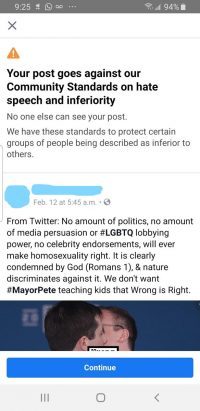
As clients are locked in their homes we barely can know what is happening to them, moreover, we barely will find out if something bad does happen. Now it is time to build new channels of communication to replace face-to-face talk. NGOs can create an emergency 24h hotline, so clients will be able to inform us if their rights are violated or any help is needed.
In Moldova, our partners have contacted the Non-Governmental COVID-19 Crisis Hotline and have asked to inform them immediately if there is an appeal from key groups or PLHIV. So if this happens, the comprehensive, two-sided response can be provided to the victim (key group representative).
Georgia due to lockdown started to search for KPs’ human rights violations on Facebook. REActors monitor Facebook groups, where sex workers and drug users, LGBTQs communicate, share information and seek help, when their rights are violated. Additionally, REActors track hate speech posts and contact the victim indirectly to provide psychological support and legal protection if needed.
For the next deliveries of ARV treatment to clients’ homes, in several countries it is planned to disseminate brochures to inform beneficiaries about their rights during COVID-19 lockdown, as well as to present emergency phone number cards. This small piece of paper can bring the “I-am-in-safety” feeling and serve as a life-jacket stored under the seat, as emergency situations, new lockdown rules cause anxiety, fear, and uncertainty, especially for those who are the most vulnerable and unprotected.
3. Inform clients about COVID-19 prevention measures and quarantining restrictions
- keep clients updated
- disseminate brochures with accurate information written in the language that is understood by beneficiaries
Our partners together with UNODC Moldova distributed COVID-19 prevention brochures amount prisoners and people in detention. In Georgia, the same kind of brochures was disseminated amount drug users. Five international recommendations brochures were translated into Georgian for common and overall use by NGOs.
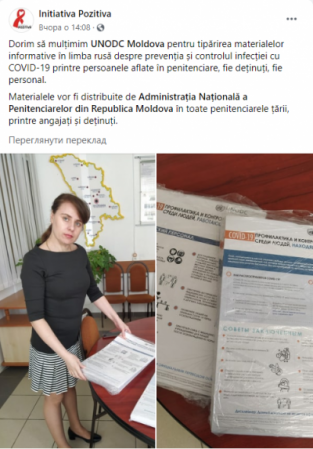
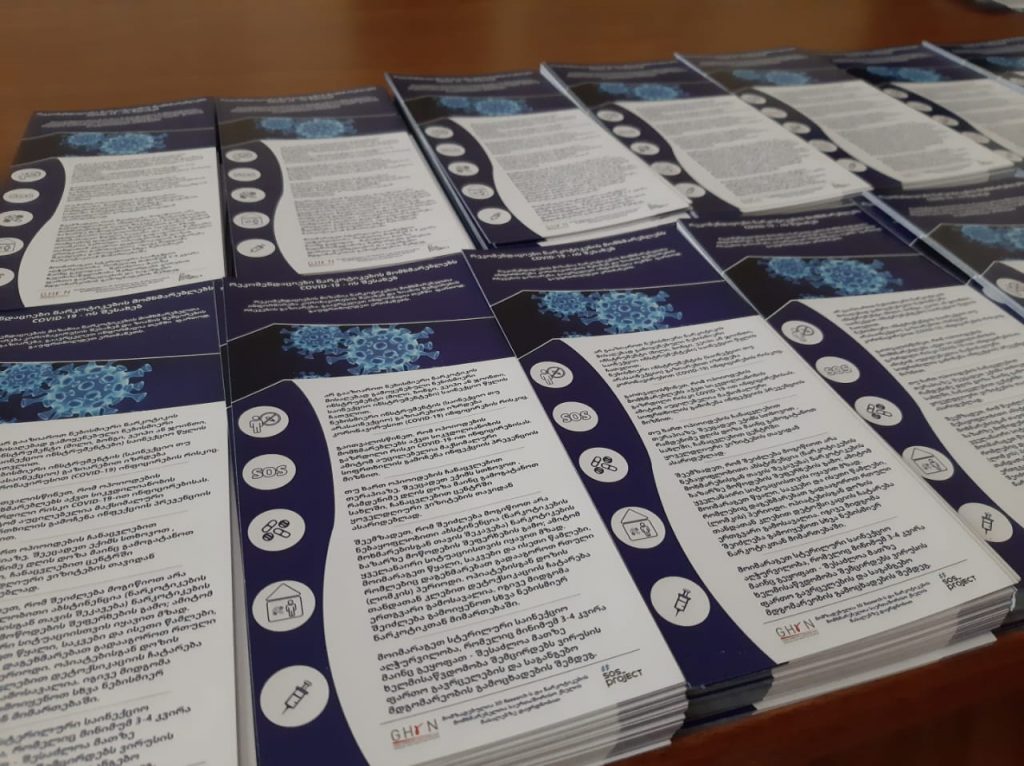
4. Inform clients about their rights and potential HR violations in COVID-19 environment
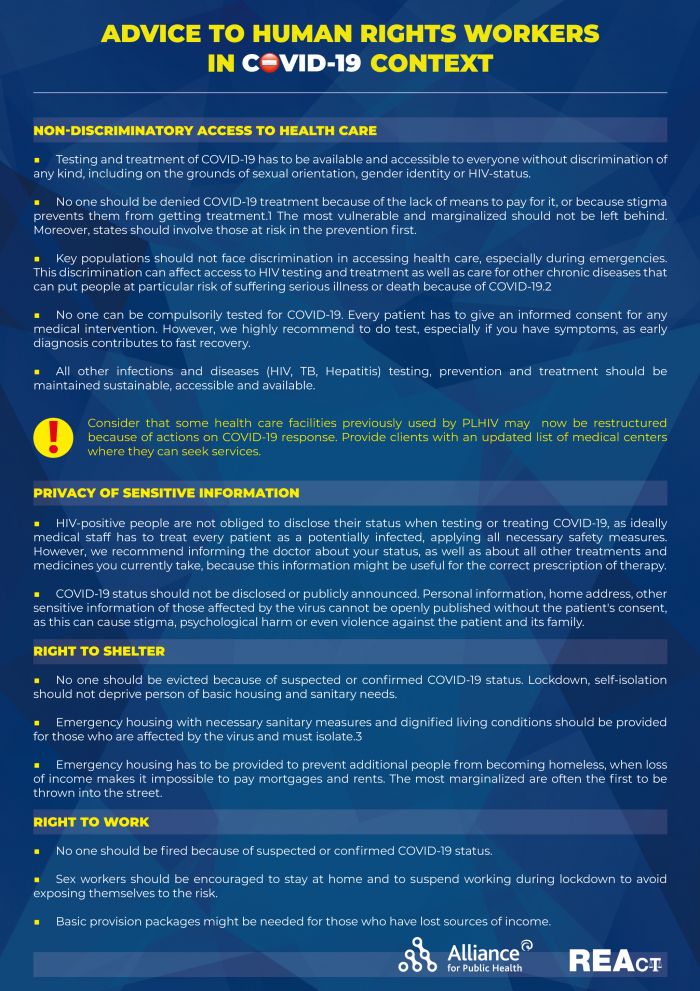
5. Monitor the situation, collect and share information
- Hold regular and frequent online meetings/calls with your community members, partners to receive and share information
- Call/message your clients to find out about their current livelihood, health, conditions
- Exchange information and notify other civil society stakeholders.
In Kyrgyzstan, the national REAct coordinator holds everyday phone status update calls with 8 REActors, who stay at home due to lockdown and do not have access to the Internet. These REActors keep on consulting beneficiaries on human rights by phone, as well as continue reporting by phone about the number of cases.
Due to the recent information about increasing domestic violence in Kyrgyzstan, the national coordinator works on building sustainable connections with domestic violence hotlines and with other organizations, which work generally on women human rights protection not focusing on HIV-positive, sex workers or female drug users, to be informed if KP women contact them about domestic violence.


